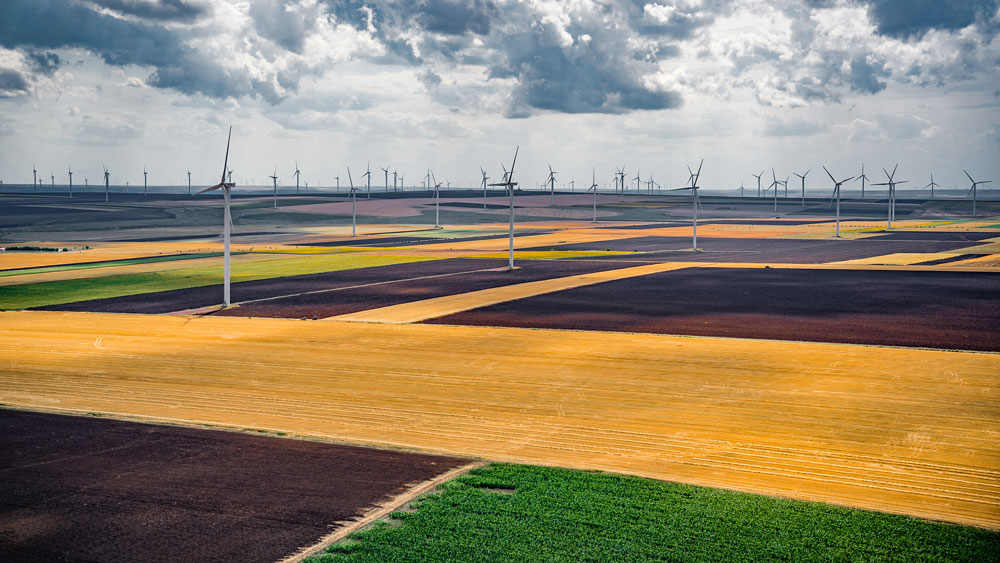State Aids for Energy-intensive Companies in Romania for Indirect Emission Costs
Under EU state aids, the European Commission on May 11 approved Romania’s plans to partially compensate energy-intensive companies for the increase in prices for electricity generated by the indirect emission costs, under the EU Emission Trading Scheme (ETS). The scheme will cover the period 2019-2020, having a provisional budget of approximately EUR 291mln (RON 1.397bn).
The measure will bring benefits to companies in Romania active in the sectors facing significant electricity costs and which are particularly exposed to international competition. The compensation will be granted to eligible companies, by partial reimbursement of indirect costs generated by ETS. The Commission has assessed the measure in accordance with EU state aid rules, especially the Guidelines on certain state aids measures in the context of the greenhouse gas emission allowance trading scheme post-2012 and found that it is in line with the requirements of the Guidelines. In particular, the scheme will avoid an increase in global greenhouse gas emissions due to companies relocating to countries outside the EU, with less stringent environmental regulation.
In the first quarter of this year, Romania’s electricity resources amounted to 17,477.7 million kWh, increasing by 363 million kWh compared to the similar period of 2019. Production in thermal power plants was 6,203.6 million kWh, down by 874.2 million kWh (-12.4%). Production in hydropower plants was 3,433.4 million kWh, decreasing by 37.3 million kWh (-1.1%) and that in nuclear power plants was 3,087.5 million kWh, climbing by 108.6 million kWh (+3.6%), according to data from the National Institute of Statistics published on May 11.
Production in wind power plants in the first quarter was 2,311.3 million kWh, increasing by 190.3 million kWh y/y, and solar energy produced in photovoltaic plants was 331.7 million kWh, falling by 9.1 million kWh compared to the corresponding period of 2019.
Final electricity consumption was 14,133.9 million kWh, by 2.2% lower than in the corresponding period of 2019, while public lighting recorded a decrease by 0.5% and household consumption fell by 3.4%. Electricity export was 1,617.3 million kWh, rising by 754.7 million kWh. Own technological consumption in networks and stations was 1,726.5 million kWh, by 74.4 million kWh lower.



